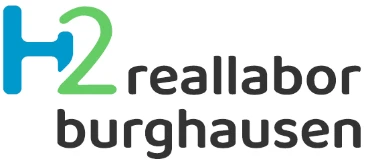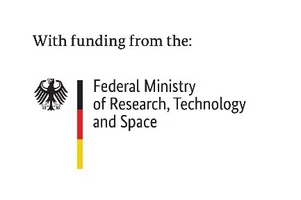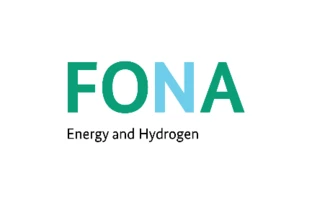In order to reduce the emission of harmful exhaust gases during flights and thus to contribute to achieve the EU's zero CO2 emission target in 2050, work package 3 focuses on research into novel, H₂-based technology routes for the production of sustainable aviation fuels. Based on the existing connection of the Bavarian Chemical Triangle to Munich Airport, various activities are currently underway in the field of production and integration of climate-neutral aviation fuels at the level of the Bavarian state.
In the process under consideration, microbial oil is first formed from straw hydrolysate and an organic acid through fermentation (TUM-WSSB). The resulting biogenic CO₂ is sustainably converted together with hydrogen from electrolysis in a further fermentation to the acid required in the previous fermentation, so that both fermentations together result in a closed cycle (TUM-BVT). Biokerosene equivalents can then be obtained chemo-catalytically from the unrefined microbial oil (TUM-TC2). In addition, the bio-chemical synthesis steps to produce sustainable aviation fuels are transferred to an industrial scale in simulative work and is evaluated under these conditions from a techno-economic and sustainability perspective (TUM-TC1; TUM-LES).
The areas of responsibility of the Werner Siemens-Chair of Synthetic Biotechnology in this process include the optimization of the fermentation of microbial oils, its transfer to the 1.000-liter scale, including the necessary downstream processes for the sustainable, energy-saving extraction of microbial oils according to a holistic zero waste approach.
Staff:
- Dr. Daniel Garbe (Project manager)
- Prof. Thomas Brück (Work package leader)
- Max Schneider
Homepage: www.reallabor-burghausen.de/h2-reallabor/


